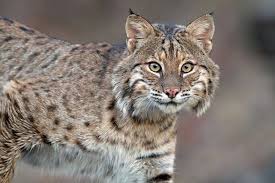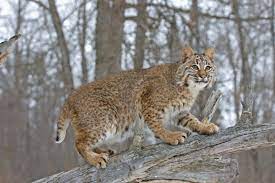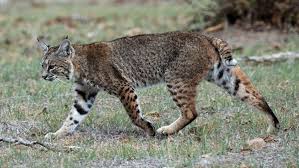
INDIANA— Indiana is set to introduce its first bobcat hunting season, with proposed regulations restricting the practice to 40 counties and establishing a statewide quota of 250 bobcats. The Indiana Natural Resources Commission (NRC) released this proposal as part of a legal requirement to outline the parameters of the hunting season ahead of its launch by July 1, 2025.

This move follows Governor Eric Holcomb’s signing of a contentious bobcat hunting bill in March. The bill mandates the Indiana Department of Natural Resources (DNR) to create a regulated hunting season for the state’s only native feline. Bobcats were removed from Indiana’s endangered species list in 2005, paving the way for this new initiative.
Under the current proposal, the trapping season will occur in southern Indiana, with each trapper limited to one bobcat. The DNR also plans to allow the sale of bobcats and their parts while permitting the retention of bobcats found dead under the DNR’s roadkill permit system. Notably, bobcats salvaged through this permit can only be used personally and do not count towards the 250 bobcat quota.
Despite initial criticisms regarding the lack of population data during debates on the hunting season, the DNR now asserts that research indicates a healthy bobcat population capable of supporting regulated hunting in the designated counties. Critics, including conservationists, have raised concerns about the validity of this claim, mainly since much of the supporting data appears to be outdated, originating from 2020 or earlier. In 2019, DNR officials had previously stated they lacked sufficient scientific data to justify a sustainable bobcat season after abandoning a similar proposal in 2018.

State Senator Scott Baldwin, a Republican representing District 20 and an avid hunter, championed the bill to encourage the DNR to act. “The department needed a nudge,” he said, emphasizing the importance of a controlled hunting season.
The NRC is now inviting public feedback on the proposed regulations. Comments can be submitted online, and public hearings will be held in person and virtually. Interested individuals can sign up for updates regarding these hearings on the DNR’s website.
As Indiana prepares for this significant change in wildlife management, the discussion around bobcat hunting continues to evolve, reflecting both the complexities of conservation and the interests of hunters in the state.



